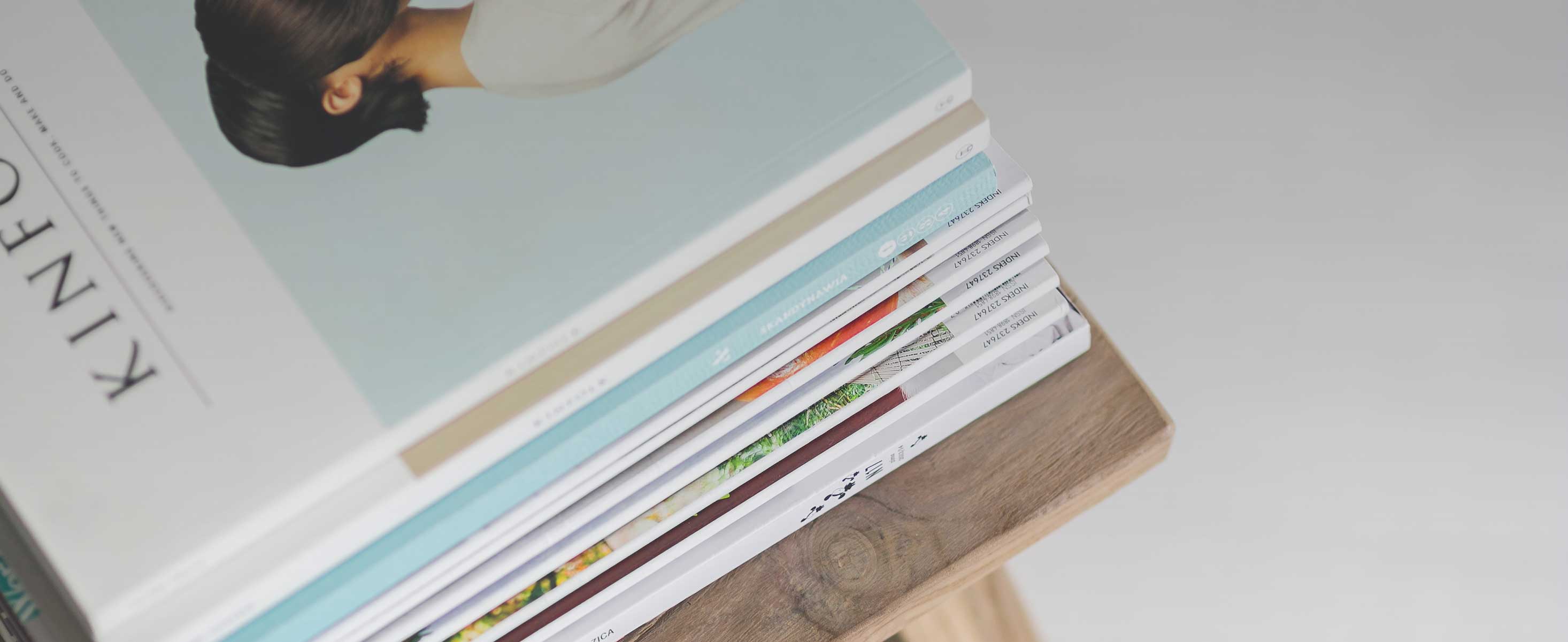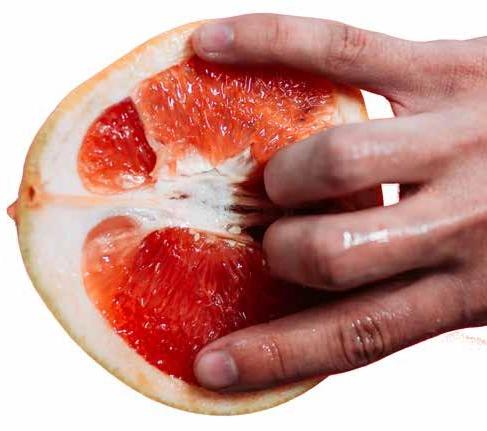
8 minute read
Sexual education: “the system is broken because we are not educated on these things
Sexual education is a very frequent taboo. With the implementation of a pilot program to implement sexual education in schools as an optional class, the Macedonian government is taking the next step on this battle of disinformation. VOICES was on the field to understand how can the lack of a proper sexual education impact youngsters in the country.
Sexual Education:
Advertisement
In a time when sexual education is up for discussion again, Macedonia is starting to walk in the right direction towards sexual rights awareness, contraceptive information, diversity and inclusion. This is due to a pilot program for implementing sexual education in school curricula, starting from the 9th grade and as an optional class – after several attempts to be approved, the program is already on the first stage. VOICES spoke to a comprehensive sex educator and two high schoolers to understand how this “touchy subject” is being perceived in the field and to answer the question: why is sexual education so important?
Sexual education is more than having the tools to avoid unwanted pregnancies or Sexually Transmitted Diseases (STDs). Proper sexual education teaches more than reproductive sexual health - it also teaches youngsters “how to make the right decisions based on what they want and like and not want society wants of them, to feel comfortable in their own skin and to be healthy”, explains Simona Georgievska to VOICES, in a video call.
The 21-year-old junior comprehensive sex educator in the Health Education and Research Association (HERA), in Skopje, has been engaged in teaching high schoolers since the beginning of the academic year. “As a Pedagogy student, I’m very glad to be part of this organization because all the things we teach should also be in formal education”, she says.
After a specializing training last summer, Georgievska joined the around 50 accredited volunteer peer educators who are fighting against disinformation and implementing Comprehensive Sexual Education (CSE) around Macedonian schools through HERA. Then, she became equipped to start teaching about the seven components of CSE: gender and gender equality, relationships, STDs (including HIV) and contraception, sexual violence, pleasure, civil aspects and sexual diversity. “We teach all these topics and that’s why it’s comprehensive - when we say ‘sexual’, people have a centered way of thinking about it but there are a lot of sexual aspects in many things we experience”, describes Georgievska, pointing out “sexual and reproductive rights” and “every situation a young person can be involved in and how to handle it”.
Why is it important for teenagers to know more about CSE?

For Georgievska there is a full list of things that can happen if sexual education is not correctly implemented: not making decisions for themselves but for society or someone else, not being informed of one’s rights, not recognizing harassment, bullying or violence, not recognizing situations where they have to act and defend themselves, not having healthy relationships, not being able to express themselves or their sexuality the way they want… and the list continues because sexual education also involves one’s selfimage and relationships. And curiosity plays a big part for teenagers. “We are on those ages when we are very curious about our bodies so I think we should know a lot of those things at this age because, sooner or later, we will start doing them”, says Jana Oltovska, a 16-year old youngster from Skopje. “I know a lot of people that are sexually active and don’t know what they are doing, so a lot of accidents can happen. But it could easily be avoided – a couple of classes is all we need. We can know more about that and we can be more careful”, she concludes.
Oltovska never had a sexual education class. The only brief mention of genitals was during a biology class – “she didn’t educate us in that, she just told us the parts, what they do and stuff like that and she was talking more about animals”. And that’s the general situation except for a couple of friends who had a half an hour sexual education session with the Red Cross. According to the “Report from the study on the possibilities for access to reproductive health prevention information in schools” from HERA and the Center for Vocational Training in 2014, only 7% of the teachers in the capital have talked about sexual orientation, 8% have addressed oral contraception, 15% condom use and 35% HIV prevention. “Luckily, my parents are very chill so I can openly talk to them about these things and they can educate me”, shares Oltovska, mentioning also the amount of “internet searches that were happening” in her free time, which many times may not be the best source of information. “I know some things but it’s different when someone who’s specialized in that part can tell you”, admits the high schooler. “The system is broken because we are not educated on these things. It’s a touchy subject in Macedonia, so people don’t really like to talk about it even though it’s very normal and natural”.
Marija Ristova is one of the lucky Macedonians – she had two presentations about sexual education, during her studies. “It needs to be taught everywhere and not just twice but a lot more because we need to know and if you are sexually active you need to be educated about that”, shares the 18-year-old from Kavardaci. It’s needed, useful and it should be improved. “A lot of people are not educated enough and they just go with the flow. From my generation, I knew teenagers that got pregnant”, she admits.
As Oltovska, Ristova had to rely on her parents for sexual education. “They are very open about that but it’s not the same with other kids and their parents. That’s why we need to have that education - not everyone is close to their parents”, explains Ristova, who yet doesn’t see sex as a taboo in the country. Georgievska admits that not having had sexual education was something that really negatively impacted her, as well, and that’s also why she decided to get involved with CSE. “There are a lot of things I didn’t know about STDs, contraception, how to properly put a condom, my right to say ‘no’. These things are really important during the growth of a youngster”, admits the junior educator. Since the information didn’t find its way to her in the school curricula, Georgievska had to learn things by herself and through experience, while facing a lot of challenges. “HERA opened my eyes and made me realize I’m not alone at all, a lot of things I experienced are very common in young people”, she concludes.
Jana Oltovska
Student
Is CSE a sensitive subject?
“Sex is a taboo”, confirms Georgievska. “I think our society has a lot of traditional values and views on women and on sexuality - that also contributes to young people having misleading information”, she exposes. “Culture and religion try to get involved in the education and I don’t think it has its place there because we are teaching about facts, about rights so there is no space to discuss these things”, explains Georgievska. Nevertheless, the junior educator sees hope. “We are moving forward, more than before, but we still have a lot of work to do”.
Regarding the students themselves, the subject is not that much of a taboo but the lack of information and the influence of the society they live in is deeply felt. “Sometimes, they are afraid to express their opinion because they think the others wouldn’t agree and they will be bullied”, tells Georgievska. “There are topics like violence, for example, where they have to recognize the victim and the one who is violent and sometimes we have situations where they think the victim is guilty and there’s where we see that the system already taught us to think like that”, she completes. Another example is the ‘Diversity’ topic since it has happened that some youngsters didn’t believe there are different sexual orientations. Even though every topic that has a discussion involved can be hard, the educators’ job isn’t to force someone to change their opinion but “to give information and let them decide what to do with it”.
That’s also why it should start to be taught in primary school - as soon as 9th grade as the pilot program encourages. “A lot of younger people from lower grades can also learn about these things but in a more adjusted way for them as kids”, the junior educator defends while explaining that the terms and workshops wouldn’t be the same but the knowledge would. “The topics are not shameful at all”, she states.
Meanwhile, HERA has been working to improve sexual education in the scholar curricula as well, since it has been directly involved in the pilot plan approved by the government in 2019. Now, the first stage is in practice with the training and preparation of teachers for the subject and the second stage will be implemented in the autumn of this year when there will be a sexual education optional class available for 4 schools. Also, the school books that can still contribute to stereotypes will be adjusted – “we are locating them, trying to improve them, to remove all the parts that are contributing to different stereotypes. They are not acceptable anymore”, concludes Georgievska.
Simona Georgievska
Junior comprehensive sex educator in HERA
Rute Cardoso
Sources: https://hera.org.mk/izveshtaj-istrazhuvaneza-informirano/?lang=en










